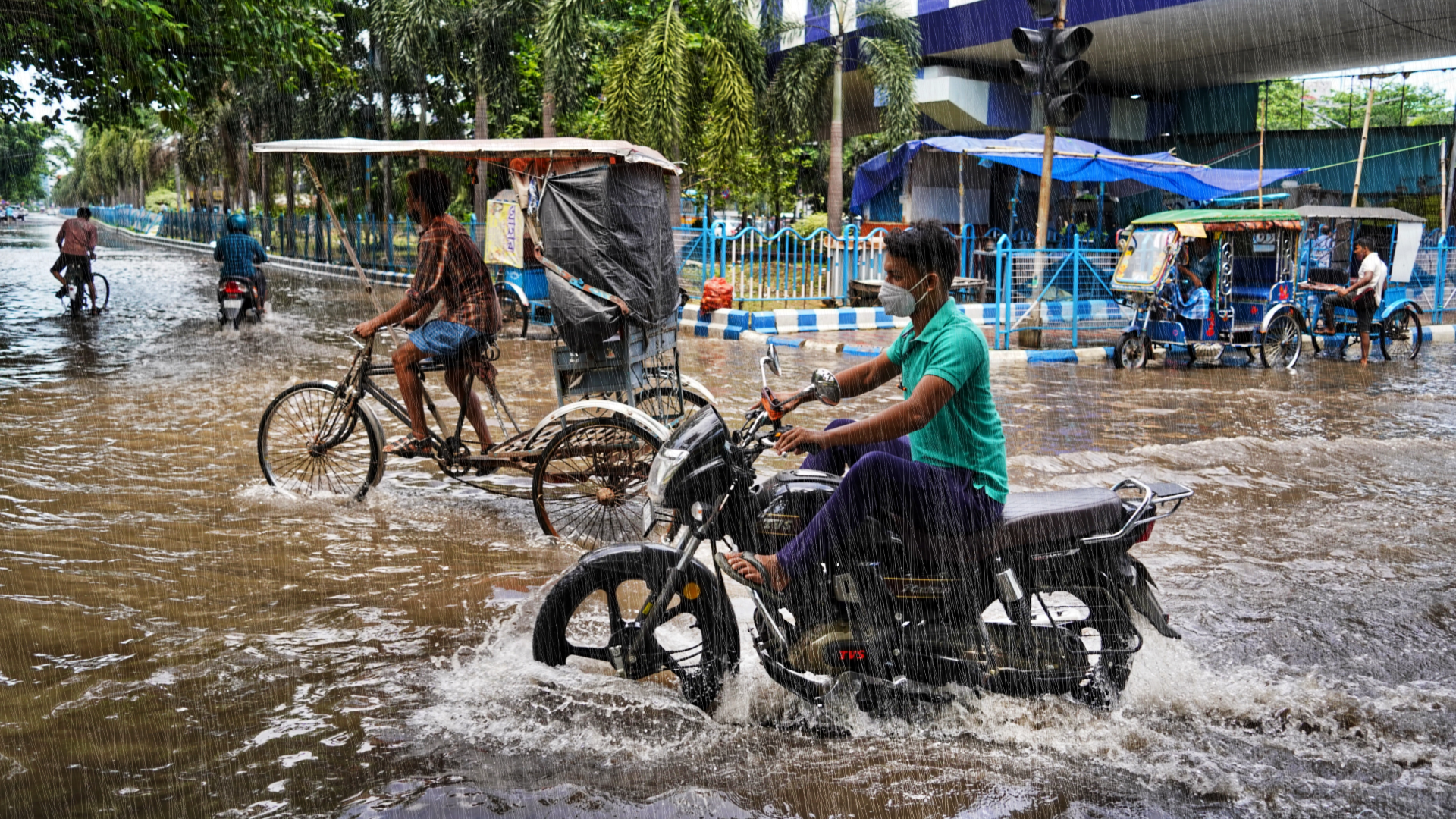A recovery fund of $10bn has been amassed by an international community of countries and banks to rebuild Pakistan following last summer’s devastating floods.
Amassing essential funds to help developing countries adapt to the impacts of climate change became one of the most contentious issues of COP27.
A loss and damage agreement was eventually established in principle at the conference, though a sum was never actually put in writing. Months later, Representatives from 24 countries – including many of those in the G20 – are still deciding where the money will come from, and how it will be distributed.
One such country in desperate need of sizable financial support is Pakistan. Catastrophic floods spanning back to last summer submerged one-third of the country, decimating its agricultural lands and creating both food and financial crises.
Since June 2022, the unfounded weather event described as a ‘monsoon on steroids’ has killed over 1,700 people, left 8 million homeless, and caused devastation amounting to $30bn. Sickness continues to soar in the most heavily waterlogged regions, and malaria infection rates are on the rise.
The ceaseless rainfall throughout this period is said to have been made 50% more severe due to human-induced climate change, according to an international cohort of scientists, and thus global delegates have rightly been under pressure to respond.
The ongoing emergency culminated in crunch meetings at the International Conference on Climate Resilient Pakistan in Geneva on Monday.




















